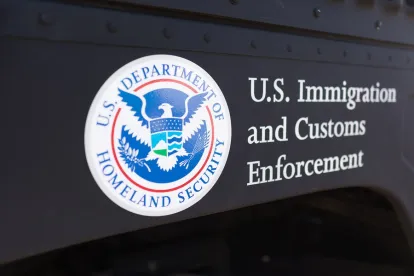On Jan. 8, 2021 the Department of Homeland Security (DHS) published a final rule, effective March 9, 2021, amending the regulations governing the process by which U.S. Citizenship and Immigration Services (USCIS) selects H-1B registrations for the filing of H-1B cap-subject petitions. Pursuant to the final rule, USCIS will deviate from the current process of random lottery selection where registrations exceed numerical visa allocations and will instead prioritize the selection of H-1B registrations with higher offered wages based on a wage level ranking.
The wage level ranking will follow the current process of first selecting regular cap cases then advanced degree cases. USCIS will rank and select registrations filed using a revised H-1B cap registration form based on the highest Occupational Employment Statistics (OES) wage level that the proffered wage equals or exceeds for the relevant SOC code in the area of intended employment, beginning with OES wage level IV and proceeding in descending order with OES wage levels III, II, and I. This will result in USCIS first selecting petitions for the highest paid workers, then selecting petitions in descending order through the remaining wage levels until the cap has been reached. This may lead to no petitions for entry-level wages being selected given recent historical filing numbers.
The revised H-1B cap registration form will request the highest OES wage level that the proffered wage equals or exceeds for the relevant SOC code in the area of intended employment as the basis for USCIS’ wage level ranking. In the event that there is no current OES prevailing wage information for the proffered position, USCIS will assign the registration an OES wage level which it believes corresponds to the requirements of the proffered position. If the registration states that the H-1B beneficiary will work in multiple locations, USCIS will assign the registration the lowest corresponding OES wage level that the proffered wage will equal or exceed. Registrations purporting to use other legitimate private wage sources aside from OES to assign a wage below level I will be deemed a level I wage petition and ranked in the lowest tier of priority. Subsequent to selection, USCIS will deny a petition if the offered wage is lower than that initially presented in the registration, although wages may be increased subsequent to selection. Similarly, subsequent new or amended petitions may be denied or have their approval revoked if USCIS determines they were filed in an effort to decrease the proffered wage to an amount that would be equivalent to a lower wage level, after listing a higher wage level on the registration to increase the odds of selection.
USCIS aims to have the new selection process in place by the coming Fiscal Year 2022 cap filing season. However, the final rule is expected to be challenged by the new Biden administration, in court and potentially through legislation. USCIS will most likely continue to use the current regulations during the coming Fiscal Year 2022 cap filing season.
Chris Costa contributed to this article.



 />i
/>i
